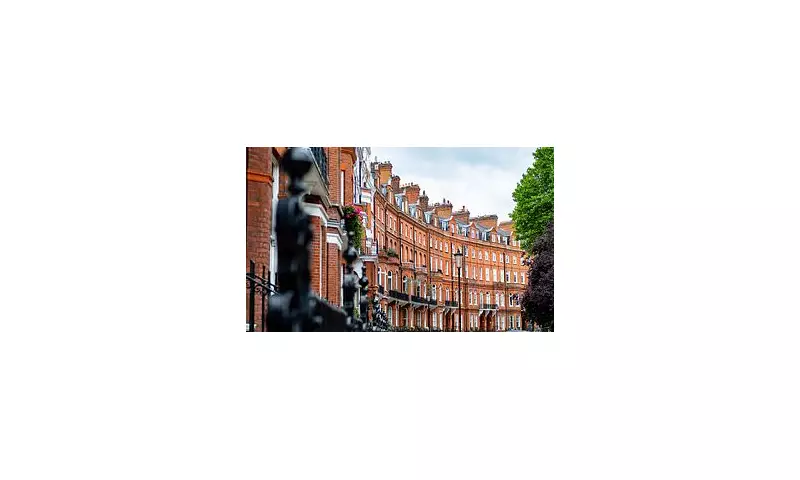
Labour's Mansion Tax: A £2,500 Bill for 'Normal' London Homes
Chancellor Rachel Reeves has unveiled a new High Value Council Tax Surcharge that will impose an annual bill of at least £2,500 on homeowners in England whose properties are valued at over £2 million. Announced in her recent Budget, the policy is designed to tackle what she termed a "longstanding source of wealth inequality." However, property experts and budget watchdogs have immediately raised significant concerns, warning that the tax will impact families in "perfectly normal" London houses rather than solely the ultra-rich and could initially cost the government money.
Budget Watchdog Predicts Short-Term Losses
Despite the government's estimation that the surcharge will raise over £400 million annually by 2029/30, the independent Office for Budget Responsibility (OBR) has delivered a starkly different forecast. The OBR estimates that the Treasury will actually miss out on £300 million in the next three years due to falling revenues from other property taxes like stamp duty and capital gains tax. This negative yield is attributed to the measure's potential to "subdue" high-end property sales and cause "price bunching" just below the new tax band boundaries.
Chancellor Reeves justified the new levy by highlighting the disparity in council tax bills across the country. "A Band D home in Darlington or Blackpool pays just under £2,400 in Council Tax - nearly £300 more than a £10m mansion in Mayfair," she told MPs. The new system, set to take effect in April 2028, will see properties worth over £2 million charged an extra £2,500 per year, rising to £7,500 for homes valued at over £5 million.
London and South East Families in the Firing Line
The policy is expected to disproportionately affect homeowners in London and the South East, where £2 million properties are increasingly common and may be owned by families whose incomes do not reflect their home's paper value. Becky Fatemi of Sotheby's International Realty UK stated, "A tax sold as a hit on 'mansions' will actually be felt most by people living in perfectly normal London houses that happen to be worth £2 million."
Zena Hanks, a partner at Saffery chartered accountants, echoed this, noting the added pressure on living costs and the concern that the £2 million threshold could be lowered over time, dragging more households into the tax net. The government has confirmed that the Valuation Office will conduct a targeted valuation exercise to identify liable properties, with revaluations planned every five years.
The Institute for Fiscal Studies (IFS) criticised the tax's design, calling it a "complicated bolt-on" to an already outdated council tax system based on 1991 values. Meanwhile, Simon Gammon of Knight Frank Finance predicted that "high-value markets in particular will be subdued until homeowners get to grips with the new 'mansion tax'." Intriguingly, analysis suggests that several Labour Cabinet ministers, including Energy Secretary Ed Miliband, own properties with estimated values close to £4 million, potentially placing them among those liable for the new charge.





